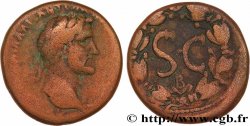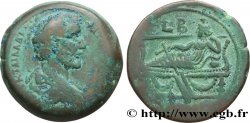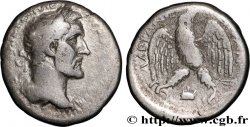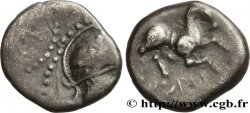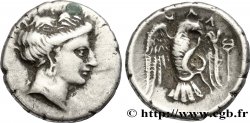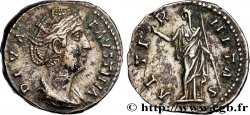bpv_272181 - ANTONINUS PIUS Unité
95.00 €
Количество
Добавить в корзину

Тип Unité
Дата: c. 138-161
Монетный двор / Город: Séleucie du Calycadnum, Cilicie
Металл: copper
Диаметр: 23 mm
Ориентация осей монеты: 12 h.
Вес: 7,70 g.
Редкость: R2
Комментарии о состоянии
Exemplaire sur un flan ovale, bien centré des deux côtés avec une faiblesse de frappe sur les légendes. Beau portrait d’Antonin. Joli revers. Belle patine vert clair, légèrement granuleuse au revers
Ссылки в каталоге: :
Происхождение:
Cet exemplaire provient du stock de Tom Vossen
Лицевая сторона
Аверс: описание: Tête nue d’Antonin le Pieux à droite (O*).
Аверс: легенда: AUT KAISAR ADRI - [ANTWNINOS SEBA], (Autokrator Kaisar Adrianos Antwninos Sebastos)
Аверс: перевод: (L’empereur césar Hadrien Antonin auguste).
Обратная сторона
Реверс: Описание: Athéna nicéphore debout à gauche, casquée et drapée, tenant une petite Niké de la main droite tendue et une javeline de la main gauche appuyée sur son bouclier.
Реверс: легенда: SeLeUK T P KAL T IeR, (Seleukewn ton pors Lakukadnw ths Ieras)
Реверс: перевод: (Séleucie près du Calycadnum et sainte).
Комментарий
Rubans de type 2. Ce monnayage semble beaucoup plus rare que ne le laissent supposer les ouvrages généraux.
Type 2 ribbons. This coinage seems much rarer than general works suggest.
Type 2 ribbons. This coinage seems much rarer than general works suggest.







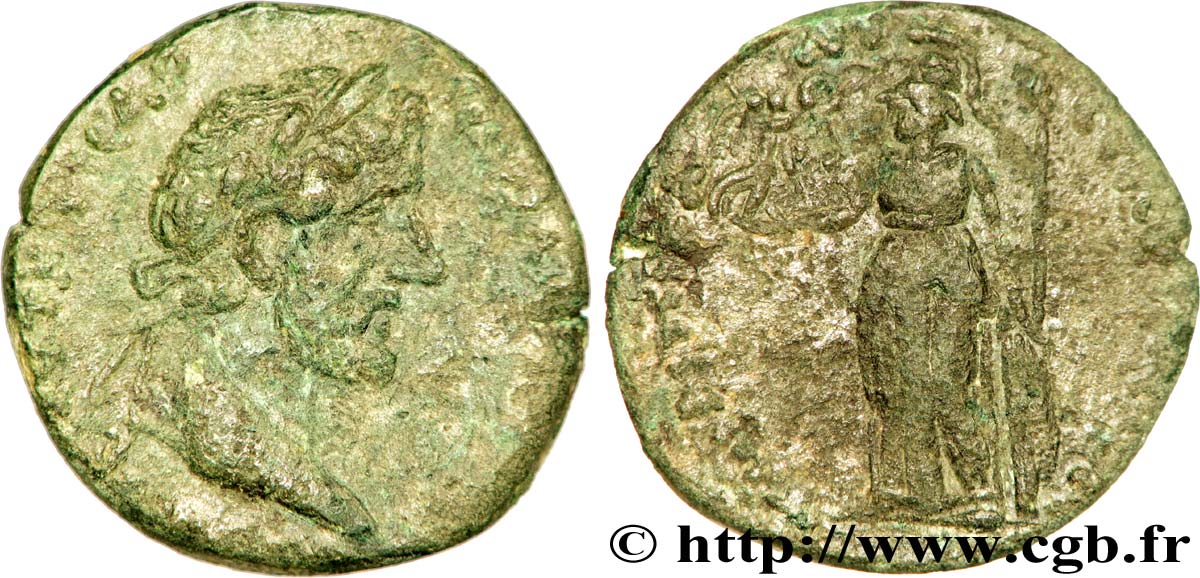
 Cообщить об ошибке
Cообщить об ошибке Распечатать страницу
Распечатать страницу Отправить мой выбор
Отправить мой выбор Задать вопрос
Задать вопрос Consign / sell
Consign / sell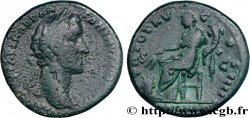
 Информация
Информация